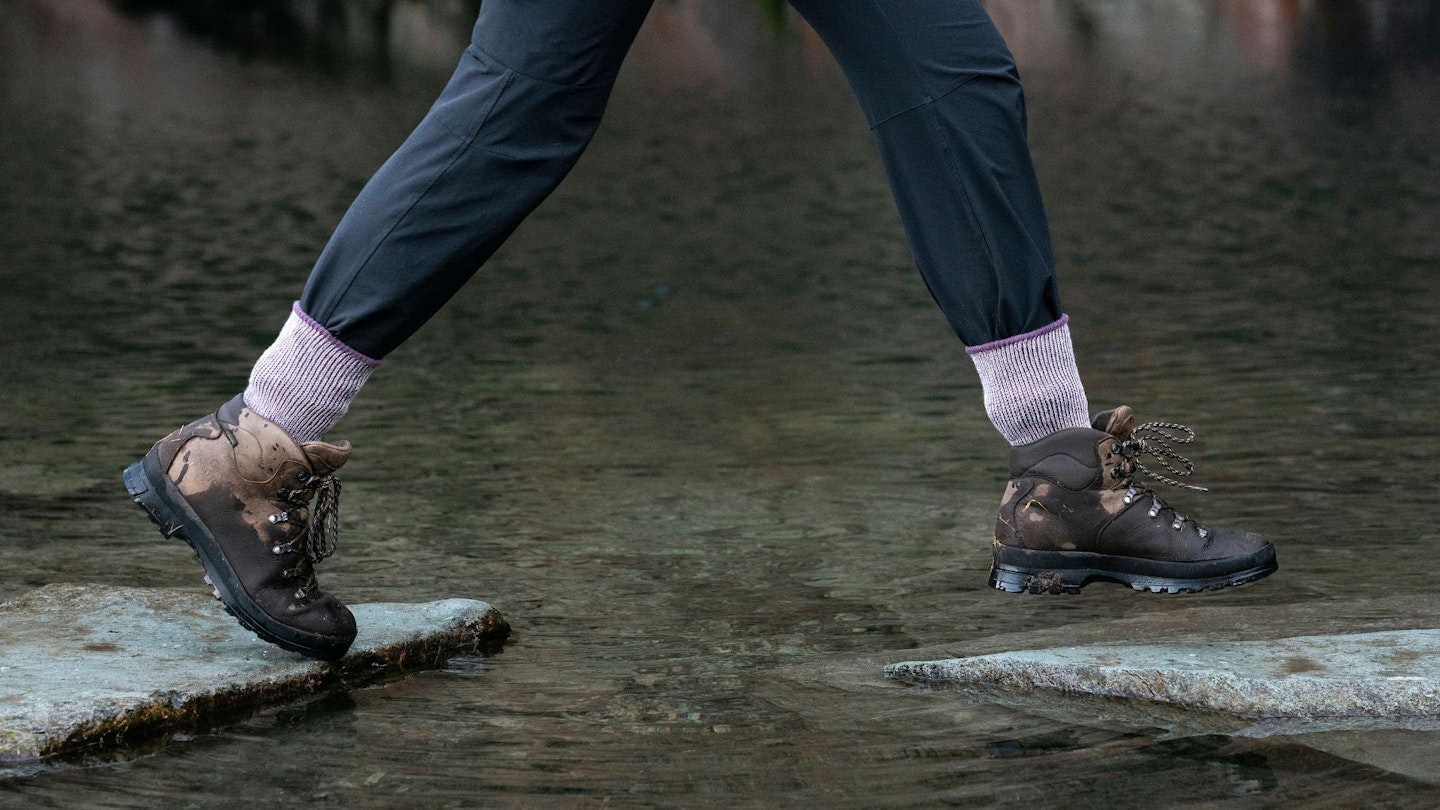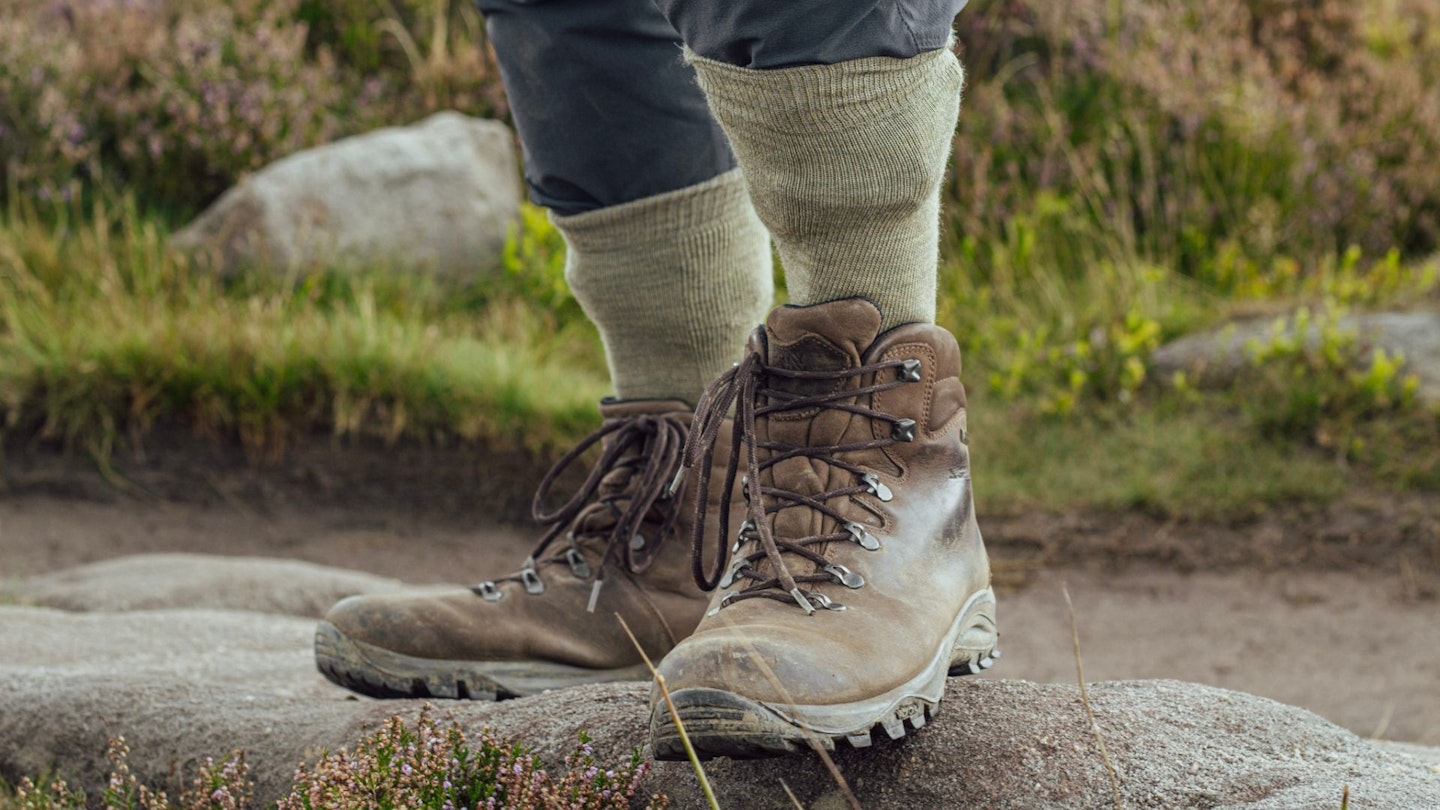When life piles up, it’s often our mental wellbeing that gets quietly sidelined. Stress, uncertainty and the sheer pace of everyday life can take their toll, and before we know it, our emotional health is lagging behind.
But there’s one remedy that has always been within reach: walking. Gentle morning strolls, long Sunday treks or proper hill climbs that get you out of your head and into your body. Time spent walking outdoors is far more than a pastime – for many, it’s therapy in its simplest form.
This September is National Suicide Prevention Month, so we want to talk a bit about the role walking and nature can play in protecting mental health. Sometimes it's the little things that matter and one foot in front of the other really can be the best way forward.
Walking supports mental health in proven ways
Walking isn’t just good for the body; the science behind its mental health benefits is compelling. Research from Stanford University found that just 90 minutes in nature reduces activity in the part of the brain linked to depression and negative thinking.
Walking also stimulates endorphins and boosts serotonin, offering a natural lift in mood. According to Mind UK, one in four people in the UK experience a mental health problem each year, making accessible, everyday activities like walking all the more vital.
This is especially important for groups often underrepresented in mental health discussions like people over 50. Walking provides an approachable, stigma-free way to support wellbeing; it's gentle to the joints, and best of all, it's free (unless you trespass, in which case, prices may vary).
Nature as a healing environment

Stepping outside does more than stretch your legs. Exposure to green spaces has been shown to lower cortisol (the stress hormone) and boost self-esteem.
Combine that with fresh air, natural light and a chance to unplug from the constant pipeline of information that comes flying out of every screen in your house, and you’ve got one of the most restorative environments possible.
Nature encourages a level of mindfulness that few indoor activities can replicate. It lets you zoom back into your body, your breath and your present, rather than worrying about the future or opining about the past.
Walking offers space for reflection, connection and routine
For many people, daily walks are a vital mental health tool: a safe space for processing thoughts, easing anxiety or simply reconnecting with the world around them. But don't let that quota spook you – nobody's saying you have to walk every day to get these benefits. Any amount is better than nothing.
And while solo walks have their value, walking with a friend or joining a group can make an enormous difference in easing loneliness, which is a risk factor in suicide prevention. The best conversations often happen side by side, at walking pace.
Building walking into your daily routine also offers purpose and motivation. A short loop around the park, a dog walk or a weekend hike gives rhythm to the week and structure to days that otherwise risk being swallowed by stress or isolation.
Bridgedale’s role in supporting these journeys

By now, we assume we've convinced you to jump up and go for a walk right this very moment. Hold your horses for a second – have you got the right gear to get going?
Bridgedale knows how important comfort is for anyone starting their walking journey. Gear that supports you makes the outdoors more accessible, sustainable and enjoyable!
The brand's hiking socks are designed for long-term performance and reliability, giving you the freedom to focus on what really matters: how you feel, not what’s on your feet.
From long-distance hikes to short, mindful loops close to home, Bridgedale socks are built to support you every step of the way, if you'll pardon that utterly obvious pun.
Check out Bridgedale's hiking collection to find some unbeatable socks that will help you feel connected, grounded and well.

